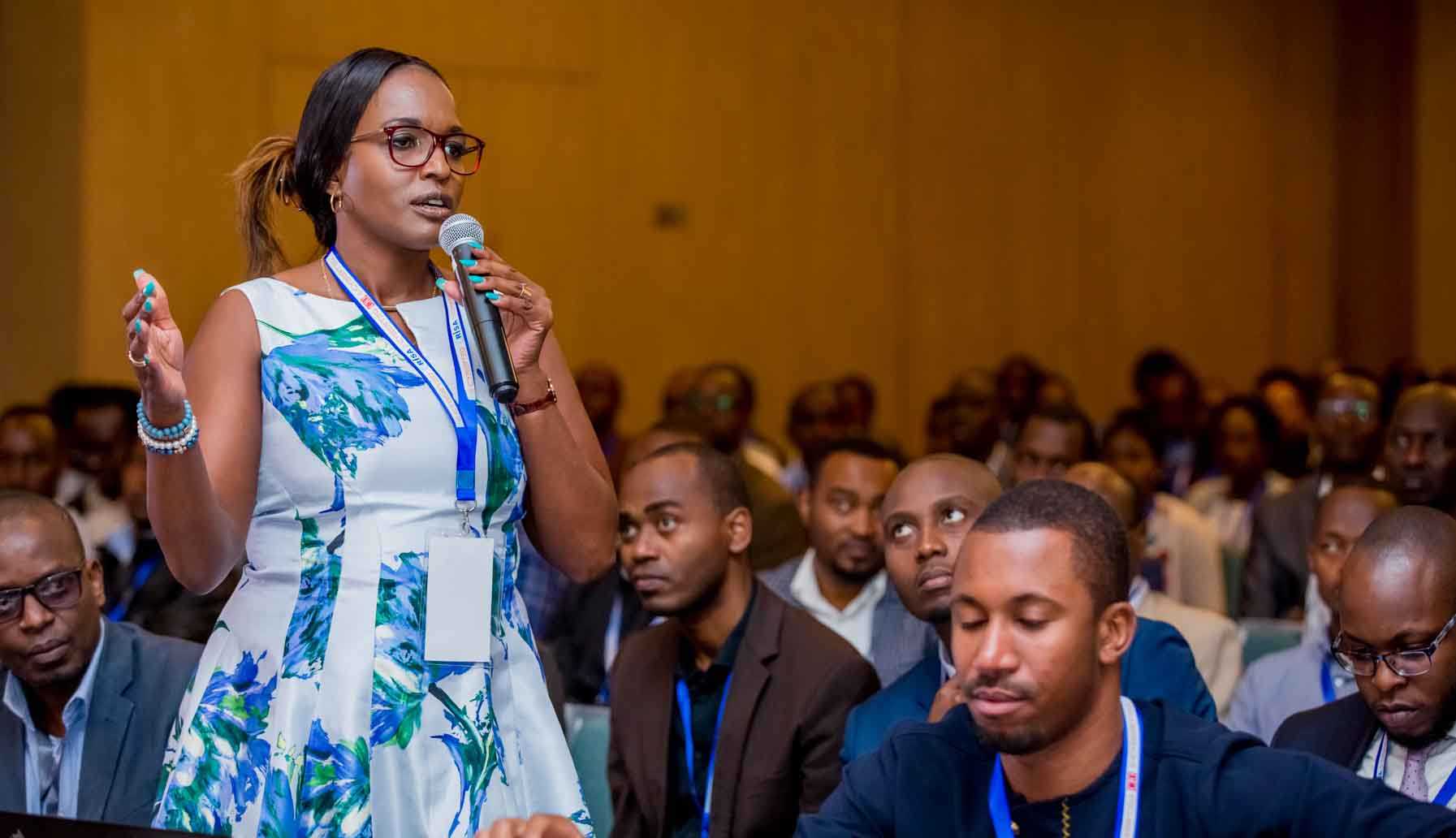advertisement
Technology revolution is lined to benefit all in Africa
Africa is on the verge of technological revolution, one that promises to transform how we live, work, communicate, and learn,…

Africa is on the verge of technological revolution, one that promises to transform how we live, work, communicate, and learn, at unprecedented pace and scale Angela Ng’ang’a, Corporate Affairs Lead, MEA Emerging markets, Microsoft said in her keynote to during the premier Cloud and Security Summit organized by CIO East Afirca in conjunction with Rwanda Information Society Authority (RISA) in Kigali, Rwanda’s capital city.
“At the core of this is strategic ICT investments. It is estimated that just a 25% increase in country-level ICT investment can grow GDP by 1 percent. By 2020, the mobile industry in sub-Saharan Africa will generate around 8 percent of GDP and support 2.7 million jobs,”
Angela Ng’ang’a, Corporate Affairs Lead, MEA, Microsoft
New goods, services and business models are driving innovation, said Ms Ng’ang’a are facilitating communication and collaboration, fostering greater efficiency and transparency of which at the core of all these is information communications and technology (ICT).
“At the core of this is strategic ICT investments. It is estimated that just a 25% increase in country-level ICT investment can grow GDP by 1 percent. By 2020, the mobile industry in sub-Saharan Africa will generate around 8 percent of GDP and support 2.7 million jobs,” asserted Ng’ang’a noting that Africa is primed for growth – with a young, growing population and economic growth that outpaces much of the developed world.
advertisement
Driving this expansion story; said Ng’ang’a was the growth of small and medium-sized enterprises (SMEs), which account for 80 percent of the region’s employment. One key element underpinning this is the integration of technology – acting as one of the biggest catalysts of SME success.
While on this hopeful success journey, Ms Ng’ang’a said Cloud computing amplifies and accelerates the pace toward digital transformation since it offers significant potential for social, economic and environmental impact.
“Cloud computing provides access to globally pooled computing resources on a ‘pay-as-you-go’ basis and helps to scale functions like storage and analytics – without the need for costly IT infrastructure investment,” she said.
advertisement
However, there are still significant challenges to be faced. Refering to the status across the world, Ms Ng’ang’a said currently, there are more than half the global population who lack basic access to the knowledge, skills and resources that would empower them to participate in the new digital economy – and the majority of those excluded are African.
Africa’s youth also face an educational challenge, where inequalities and outdated curricula are leaving them unequipped for a changing work place.
In a a bid to address the situation, Ms Ng’anga pointed out that a number of organizations through their philanthropic endeavours are looking for ways to improve people’s lives, empower them to participate in the economy, and to widen the technology access circle to include those at risk of being left behind in this era of digital transformation.
advertisement
In order for Africa to realize its full potential and to reap the full dividend from the development of the digital economy, the most important driver today for innovation, competitiveness and growth, policymakers will need to implement effective policies and awareness initiatives to stem the rising tide of cyber threats.
These same policymakers, technicians, and other experts have long noted the lack of detailed and reliable threat information regarding cyber-crime threats in the region. Such information is invaluable in assessing and managing cyber risks by providing governments a more complete and nuanced understanding of how criminals and other actors are targeting and exploiting cyber-related vulnerabilities in African Countries.
As such, the Microsoft found it timely to sponsor the premier Cloud and Security Summit, in a bid to join partners all out to protect the digital cyber space.